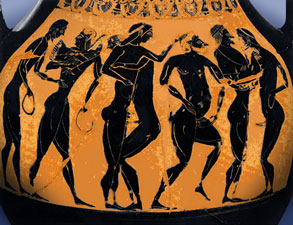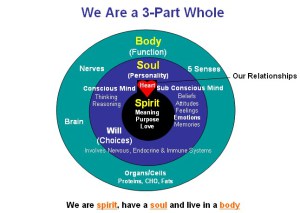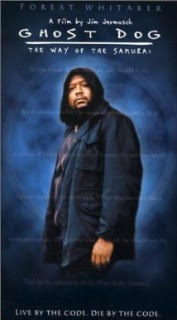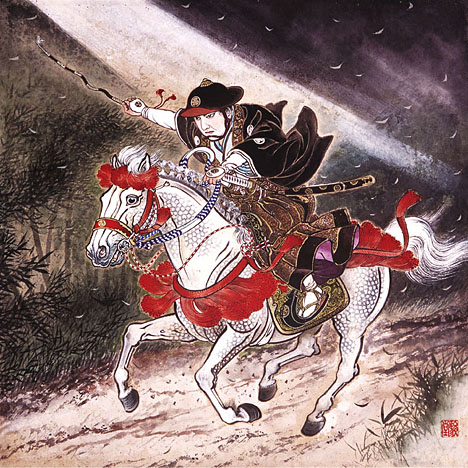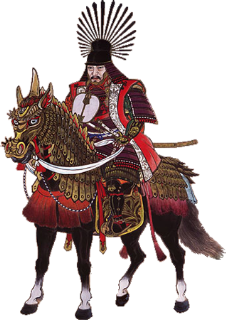Dharma i Karma II
Ming Zhen Shakya (Author) Fa Yin (Translator) Dharma i Karma Część II: Karma Autor: Ming Zhen Shakya Tłumaczenie: Fa Yin Karma jest kolejnym ze słów, które najwyraźniej świetnie funkcjonują podlegając werbalnym nadużyciom. Zniekształć je, wypacz,… Dharma i Karma II
Dharma i Karma I
Ming Zhen Shakya (Author) Fa Yin (Translator) Żadne inne słowa z leksykalnego magazynu buddyzmu nie grzmią równie donośnie co Dharma i Karma. Militarne skojarzenia nie nasuwają się przy tym przypadkowo: my, buddyści, jesteśmy zewsząd atakowani… Dharma i Karma I
Hagakure (#8)
Homoerotic activity was practiced in many ancient militaristic cultures, especially the Samurai. I helped to balance the exclusive effeminate maternal upbringing a boy knew before he was sent to military school. It substituted strong, life-saving warriors for the bunnies and foxes of childhood folklore. It taught him self-reliance and teamwork, and established the man-to-man communication that was lacked in herertosexual relationships
The Journey Home
At the suggestion of the Ven. Yao Xiang, Ming Zhen watched the YouTube conversation in which an orthodox Catholic priest traces his life from drugs and motorcycles to his present ministry. His recommendations are somewhat different from the Zen prescription, which Ming Zhen responds to in her essay.
Hagakure (#6)
It is never too late to adopt the Samurai Way of Life, to abandon old selfish ways, to embrace new principles, and to devote one’s life to being loyal to those principles. Especially after a surviving a critical challenge to one’s existence, we experience a great need to find a better way of living, a code to live by that will impart indomitability to us. We are done with being weak. In her review of Jim Jarmusch’s film Ghost Dog, Ming Zhen Shakya shows one man’s conversion to the discipline of righteous beliefs.
Hagakure (#5)
Firearms and Christianity brought new problems to Shogun Ieyasu which he solved by separation and division. When he died the Shogunate fell to his son and then eight years later to his grandson, the tyrannical Iemitsu. Forbidden to earn money and to spend months at court, languishing in boredom, most of the once-proud Samurai became poets, gamblers, fashionistas, gourmets, actors, gossipers, and womanizing drunks. Some, including Tsunetomo, who composed the Hagakure.
Hagakure (#3)
Japan’s first “Separation of Church and State” long cherished by Americans was accomplished by its first Shogun, (“the barbarian suppressing Commander in Chief”) Yoritomo Minamoto who let the Emperor preside over religious matters in Kyoto while he moved the government, the first meritocracy, to Kamakura where he set the stage for the flourishing of Zen and the Martial Arts.




